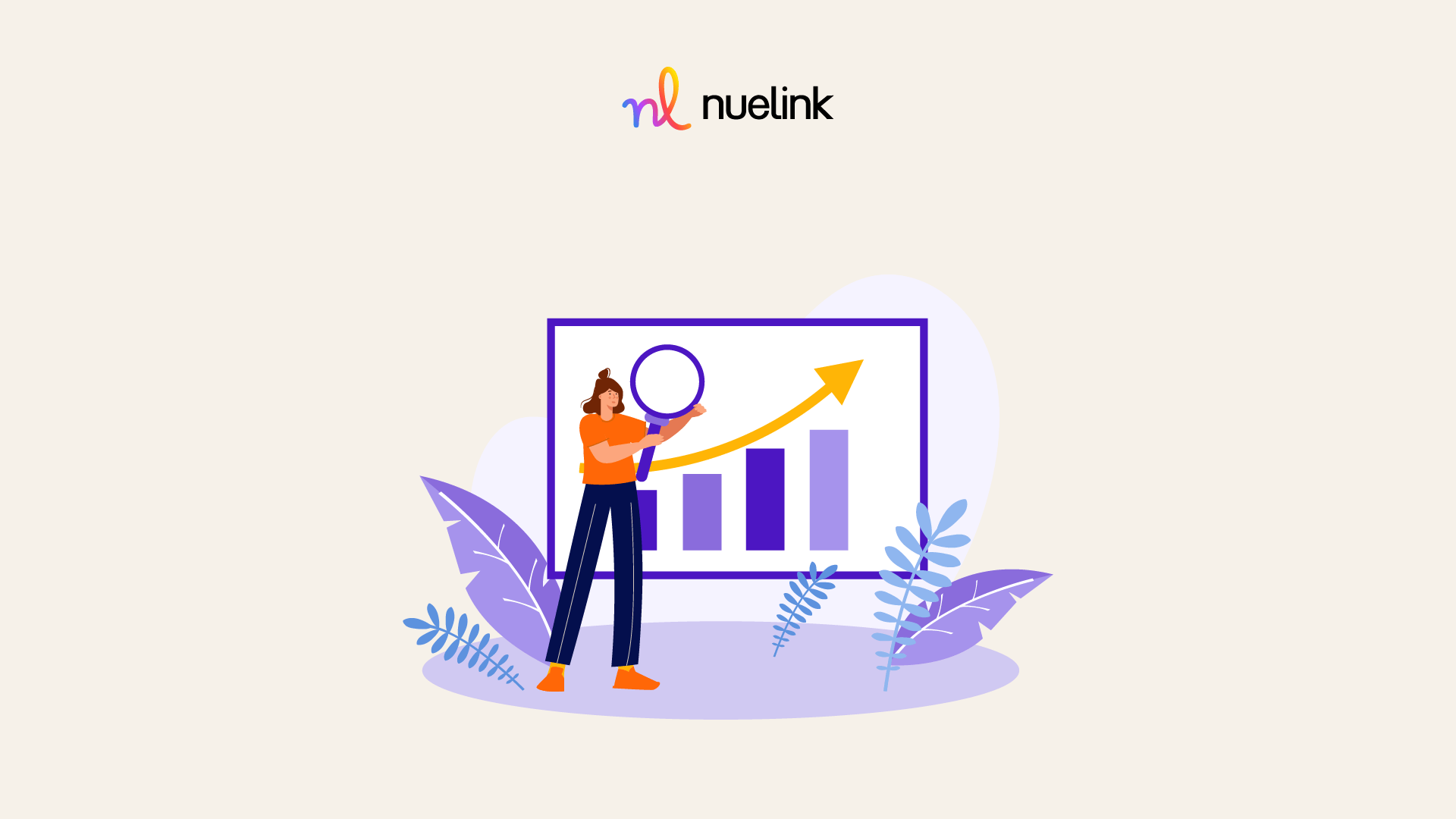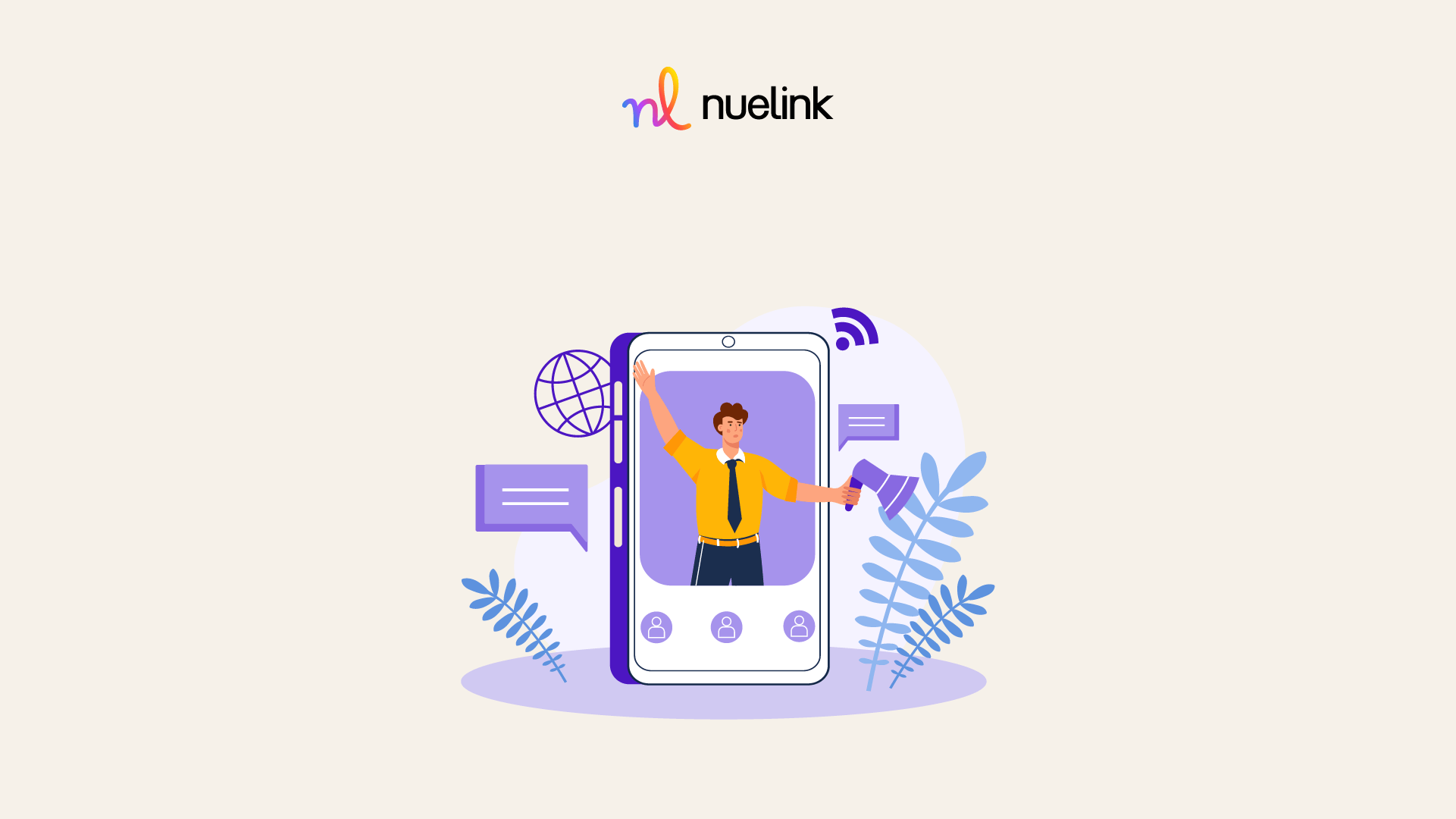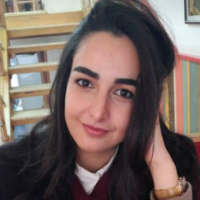Over 5.07 billion people are active on social media, so maintaining a strong and consistent online presence is more important than ever. However, with the fast pace of social media algorithms, trends, and user behaviors, it’s easy for your strategy to fall behind.
Regular audits are essential for ensuring that your social media efforts are current and aligned with your business goals. Whether you’re a small business owner managing your own social media accounts or a large organization with a dedicated marketing team, conducting a thorough audit can uncover missed opportunities, and reveal areas for improvement.
In this blog post, we’ll guide you through this process that can take your social media strategy to the next level. Here's what we will be covering:
What Is a Social Media Audit?
Why Is a Social Media Audit Crucial for Your Business?
How to Do a Social Media Audit?
- Run an Inventory of Your Social Media Accounts
- Analyze Performance Metrics
- Evaluate Content Strategy
- Assess Audience Engagement
- Review Competitor Activity
- Update Social Media Goals and Create a Plan
Best Social Media Audit Tools
What Is a Social Media Audit?
Conducting a social media audit is essential for maintaining a strong and consistent online presence. A social media audit often involves tracking, measuring, and analyzing your current social profiles and evaluating the performance of the content you share.
Given that most companies manage multiple accounts across various social media channels, keeping everything up to date can be challenging. Often, accounts fall out of sync, profile pictures may be outdated, logos might not match with your current branding, or worse, your last post on a platform could have been shared years ago.
These inconsistencies can dilute your brand's impact and confuse your audience. Regular social media audits help you stay on top of your accounts, content, and performance.
By conducting audits at least once every quarter, you ensure that all your social media profiles remain aligned with your current branding and objectives. This practice is particularly crucial for businesses with a presence on all major social media platforms, which is one any business should hope to do, where the pace of change can be rapid.
Regular audits not only keep your profiles consistent but also allow you to adapt quickly to shifts in audience behavior and platform algorithms, ensuring your social media efforts contribute to your business's success.
Why Is a Social Media Audit Crucial for Your Business?

A social media audit is more than just a routine check-up, it's a powerful tool that can reveal hidden opportunities, pinpoint weak spots, and identify inconsistencies in your marketing efforts.
By taking the time to thoroughly assess your social media presence, you’ll emerge with a clear list of actionable steps to refine and enhance your strategy. This can pave the way for a more effective social media plan that not only boosts your visibility but also strengthens your competitive edge.
Maximizing Visibility and Engagement
A well-executed social media audit helps you fine-tune your content and engagement strategies, making it easier to rise above the noise. As your visibility increases, so does your ability to attract and retain followers. This heightened presence can lead to more sales, we all know the impact of social media on consumer behavior, better engagement, and an enhanced your reputation as a leader in your industry.
Uncovering Missed Opportunities
Audits are instrumental in revealing gaps in your current approach. Whether it's unutilized features on social platforms, for us it was the Notes feature on Instagram, overlooked content themes, or untapped target demographics, an audit can help you seize these missed opportunities.
Adapting to Market Shifts
Social media is dynamic, and staying relevant requires constant adaptation. A thorough audit allows you to identify new markets and potential target demographics, ensuring that your brand remains aligned with current trends and customer preferences. By meeting your audience where they are, you can maintain a competitive advantage.
Strategic Decision-Making
Knowledge is power, and an audit provides you with the data needed to make informed decisions. Whether you're deciding to change your strategy, invest in a new platform, or refine your content, the insights gained from an audit help you to make an informed decision.
Future Growth and Development
An audit isn't just about fixing what's wrong, it's also about planning for the future. By analyzing what's working and what's not, you can develop a growth strategy that’s based on real data and proven results. This approach ensures that your social media efforts continue to evolve and drive success for your business.
How to Do a Social Media Audit?
Conducting a social media audit might seem daunting, but by breaking it down into clear, manageable steps, you can effectively evaluate and enhance your social media strategy. Here’s a step-by-step guide to help you get started:

1. Run an Inventory of Your Social Media Accounts
Begin by identifying all the social media platforms where your brand has an active presence. This includes both major platforms like Facebook, Instagram, and Twitter, as well as any niche platforms specific to your industry.
Ensure that all profiles are up-to-date, with consistent branding, accurate information, and current profile pictures. This initial step is crucial to maintaining a unified brand image across all channels.
2. Analyze Performance Metrics
Dive into the data to understand how each platform is performing. Key metrics to track include follower growth, engagement rates, reach, impressions, and conversion rates. Analyzing these metrics will help you identify which platforms are driving the most value and where improvements are needed.
3. Evaluate Content Strategy
Review the types of content you’ve been sharing, whether it’s images, videos, articles, or interactive posts, and analyze their performance. Determine which content formats and themes resonate most with your audience.
If certain types of content consistently underperform, consider adjusting or phasing them out. This will help you refine your content strategy to better engage your audience.
4. Assess Audience Engagement
Engagement is a key indicator of how well your content connects with your audience. Look at metrics like comments, likes, shares, and direct messages to gauge audience interaction.
Also, consider the quality of engagement: are your followers asking questions, sharing your content, and promoting your brand? Understanding this will help you foster stronger connections with your audience.
5. Review Competitor Activity
An essential part of any social media audit is understanding what your competitors are doing. Analyze their social media presence: what platforms are they active on, what type of content are they sharing, and how is their audience engaging with them?
By benchmarking your performance against competitors, you can identify areas where you’re excelling and opportunities where you can improve.
6. Update Social Media Goals and Create a Plan
Based on the insights gathered from your audit, it’s time to revisit your social media goals. Are they still relevant? Do they need to be adjusted based on current performance and market trends? Once your goals are updated, develop a strategic plan that outlines actionable steps to achieve them.
This plan should include a content calendar, engagement strategies, and key performance goals to track your progress.
Best Social Media Audit Tools

Conducting a social media audit is essential for optimizing your online presence, and the right tools can make this process significantly more efficient. Here are some of the best tools to help you audit your social media accounts and improve your strategy:
1. Nuelink
Nuelink is not just a powerful social media management tool, but it also offers robust auditing features. With Nuelink, you can easily track performance metrics across multiple platforms, manage your content calendar, and automate repetitive tasks.
Its analytics dashboard provides a comprehensive overview of your social media presence, allowing you to identify trends, spot inconsistencies, and make the right decisions to refine your strategy.
2. Google Analytics
While primarily known for website analytics, Google Analytics is an invaluable tool for auditing social media as well. By setting up social media goals and tracking referrals, you can gain insights into how your social media channels are driving traffic and conversions to your website.
This data is crucial for understanding the ROI of your social media efforts.
3. BuzzSumo
BuzzSumo is a great tool for content analysis, helping you identify the types of content that resonate most with your audience.
By tracking social shares, backlinks, and overall engagement, BuzzSumo provides a clear picture of your content’s performance. This information can be used to refine your content strategy during your audit.
4. Rival IQ
Rival IQ is designed for in-depth competitive analysis, making it a valuable addition to your social media audit toolkit. It tracks key metrics across multiple platforms, compares your performance with that of your competitors, and identifies trends in your industry.
5. Brandwatch
Brandwatch excels in social listening and analysis. By monitoring conversations about your brand, you can gain insights into customer perceptions, identify potential crises before they escalate, and adjust your strategy accordingly.
Regular social media audits are crucial for staying competitive. They not only keep your strategy on track but also give you the insights needed to make smart decisions.






